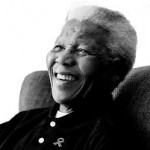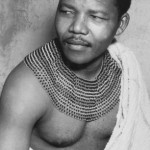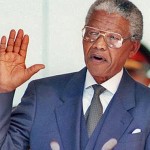There’s nothing exceptional about this extract, which is the brilliance of Franzen’s Freedom. It is full of tawdry modern incidences and aggravatingly imperfect characters that we love, distrust, admire, roll our eyes about and want to shout at. It is also full of invention and lively details, superbly written but easily readable. (A little stamina will be needed, but. There’s another one here.) Sometimes he is nastily funny, and sometimes he makes depressingly accurate observations about how the “comfort-loving peoples of the West” live these days. (Which category does this micro-excerpt fit for you?)
Here, young and newly-wed Joey arrives at the airport to meet the most impossibly beautiful woman he’s known and (maybe) begin a torrid South American affair. (I won’t try to explain the ring.)
“The wedding ring was still stalled somewhere in his abdomen as he breasted through the churning warm sea of travellers at Miami International and located Jenna in the cooler, calm bay of a business-class lounge. She was wearing sunglasses and was additionally defended by an iPod and the latest Conde Nast Traveller. She gave Joey a once-over, head to toe, the way a person might confirm that a product she’d ordered had arrived in acceptable condition, and then removed the hand luggage from the seat beside her and — a little reluctantly, it seemed — pulled the iPod wires from her ears. Joey sat down smiling helplessly at the amazement of travelling with her. He’d never flown business-class before.”
Jonathan Franzen is an American novellist that you’ve likely heard of. I mull over the story of Joey Berglund and his family, with whom I’ve lived for a couple of weeks. I’ve gotten very close to his parents, Walter and Patty, though they drive me crazy.



